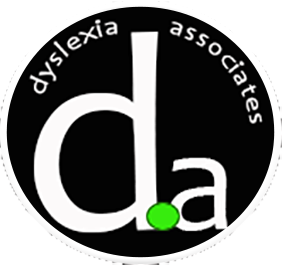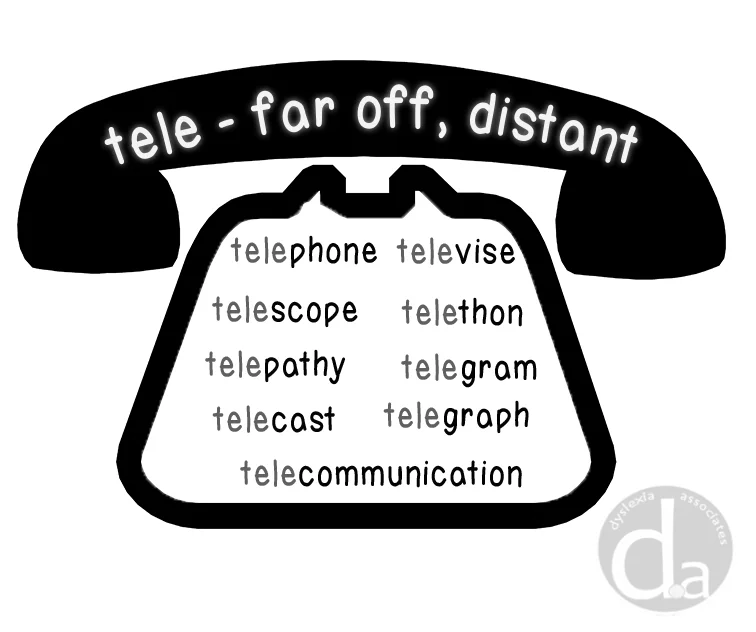Here is a quick aid to use when teaching the suffix -ess.
The suffix -ess is used to form a female noun although it is now more common to use gender neutral language such as actor and waiter rather than actress and waitress.
When adding -ess to a noun ending in -tor or -ter, the vowel before the r is usually dropped. Other examples of the suffix -ess include: actress, benefactress, lioness, tigress, hostess, mistress, huntress, governess, princess, songstress, stewardess.
Here is a handy visual prompt to reinforce the meaning of the suffix -ess.
Another great poster idea is the telephone, for the root word -tele, meaning 'far of' or 'distant'. Most learners, not only those with dyslexia or other specific learning difficulties will remember root words more efficiently when a visual image is used in conjunction with the word.
We love this poster for the root word -scribe meaning to 'write'.
The root or base word -log / logy means 'word'. This gives a strong visual image to help learners with weak verbal memory or have communication weaknesses with difficulties understanding language.
If you'd like a copy of our Root words resource, just send us an email :)





